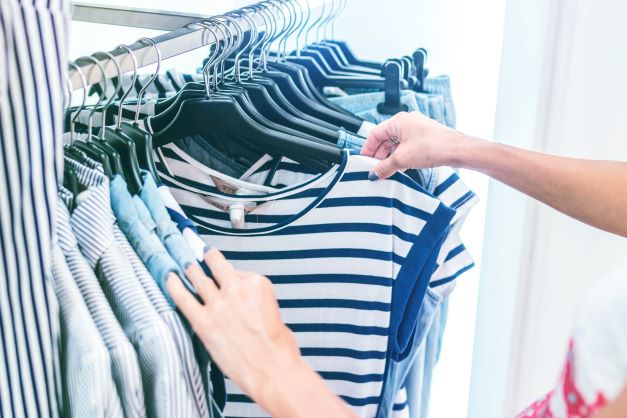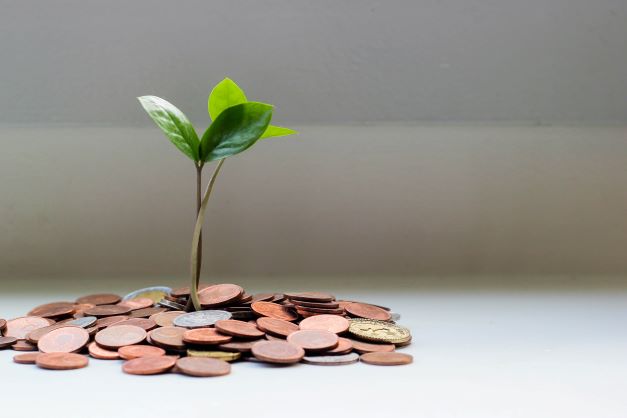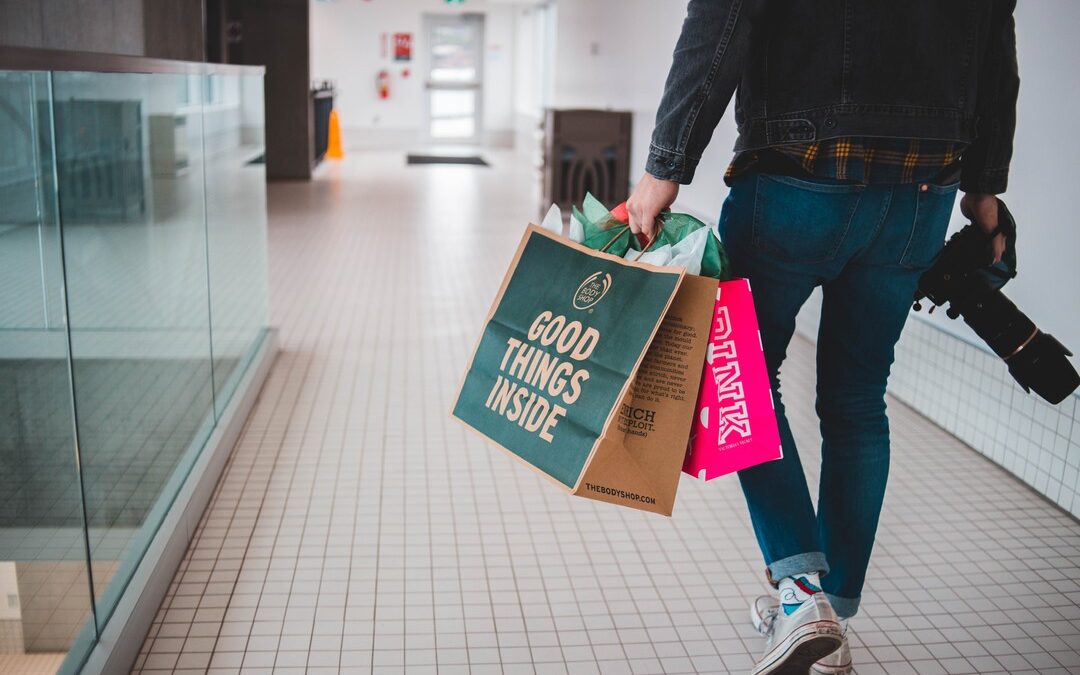Buying habits are becoming more closely tied to the idea of ethical consumerism.
When you look around, it’s not hard to see why. Aside from rising water levels and record-breaking wildfires, local changes like disturbingly mild winters have people in the UK nervous for the earth’s wellbeing. But what exactly is ethical consumerism, and just how popular is it? We explore.
A shift of responsibility
It seemed for a long time, environmental and ethical responsibility sat on the shoulders of the public. People were urged to cut down on flights, shop local and for god sake please put recycling in the right bins. While this still has its place, recent years have seen a change in attitudes.
These days, businesses are expected to do their bit. Many will do so out of moral obligation, or because it’s the right thing to do – some will just feel guilty. Another reason, closer to the bottom line, is ethical consumerism.
At first glance, the term ethical consumerism sounds like an oxymoron. Wasn’t it the nightmare of consumer capitalism that got us into the world-ending apocalypse? The answer to this is of course, yes, but that doesn’t mean the term doesn’t make perfect sense in today’s confusing world.

What is ethical consumerism?
Before we dive in, it’s important to note that ethical consumerism has existed as long as we’ve been buying things. If a company does active harm to our precious world, you may choose not to buy from them.
However, if they use their profits to fund Orangutan orphanages, you will be more willing to part with your cash. In its most basic form, ethical consumerism is purchasing products and services with the greater good in mind.
While it can apply to any type of industry, we often measure the success of ethical spending in relation to the food and fashion.
The rise of ethical eating
The rise in veganism and vegetarianism in the last 5 years has coincided with significant investment in meat substitutes. Not only does this support existing ethical eaters but it makes it easier for the more stubborn carnivores to change their ways. Now, they can eat something that at least looks like it might have once been alive.
Statistics by Finder found that this year, nearly 12% of Brits enjoyed a completely meat-free diet. This figure was only 3.25% in 2016, according to the Vegan Society. Appetite for not eating meat also appears to be growing, with around 8.8 million people claiming they planned to move to plant-based diets within 12 months.
I think we’ve all heard these kinds of promises before, only to see them crumble as the roast dinner gets wheeled out. Still, it shows a willingness to change.

The rise of ethical shopping
Similarly, the concept of fast fashion – a term used to describe cheap, poor-quality garments that only make out the wardrobe a few times – has become less palatable.
There has been a huge rise in sustainable fashion brands, which only work with suppliers supporting their ideals. Some online outlets even have ‘ethical fashion’ sections. It’s a nice idea, although it does somewhat indicate the rest of the website directly supports evil.
In some instances, ethical consumerism manifests in the form of not buying anything at all. Boycotts have grown in popularity by 54% since 2010, making them an increasingly powerful tool for shoppers to hit businesses where it hurts. A 2018 study by Clothes2Order found that 44% of people would refuse to buy from somewhere with no eco-friendly or ethical policy.
Overall growth
These shifts are measurable via the Co-operative’s ethical consumer reports, an annual publication which provides a glimpse into customers’ spending habits. From 2000-2010, ethical spending grew by just under 9%. For a relatively new concept, this wasn’t too bad.
However, the following decade saw huge cultural shifts which brought with it a greater understanding of global problems, and how our spending feeds into them. The most recent report saw 23% growth between 2019 and 2020. It’s a big step, with the ethical spending market now sitting at £122bn, more than double what it was worth in 2010.
Right now, the industry shows no signs of slowing down. With the race to net-zero a growing concern, each organisation will be looking to their sins to ensure they are on the right side of history. One could hope that eventually, ethical consumerism and consumerism will come to mean the same thing. However, we’re not there yet.

The challenges to becoming an ethical consumer
In this day and age, being an ethical consumer isn’t easy. To truly understand an organisation’s moral and sustainable credentials, you need to look at all areas of the business. Simply glancing at a company’s core values isn’t enough. Many entities will put forward a virtuous front, with lofty targets and aspirational messaging.
But, the interconnected nature of the modern world can add another layer of complexity. An organisation might seem ethical, but if its supply chain practices cause deforestation in the Amazon, it can hardly be viewed as virtuous.
So what can be done?
In order to buy ethical products and services, you need to be your research. It might be painstaking and sometimes disheartening, but it’s important. While some shortcuts exist in the form of Fairtrade stickers or buying from the Co-operative, the reality is often more complicated.
One good way to check whether companies are doing their bit is through the Ethical Consumer website, which provides ratings of numerous brands across the market.
It’s also important to remember that living a completely ethical life in today’s society is hard. The chances are, you’re going to slip up every now and again, and that’s ok. As long as positive steps are made, the universe will (probably) forgive you.
Sources:
